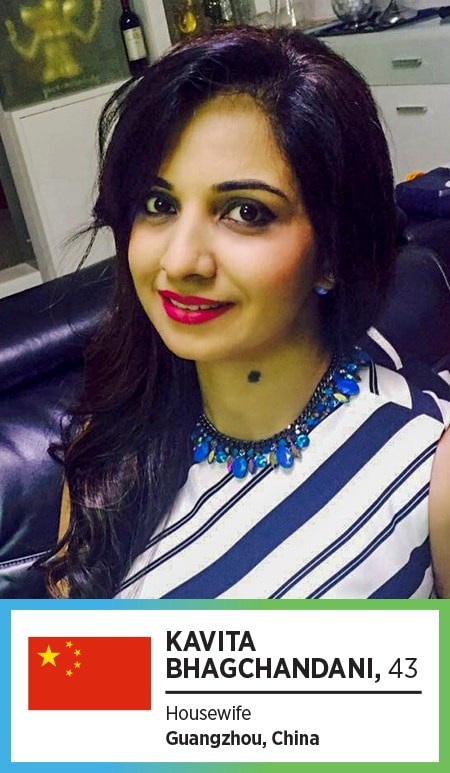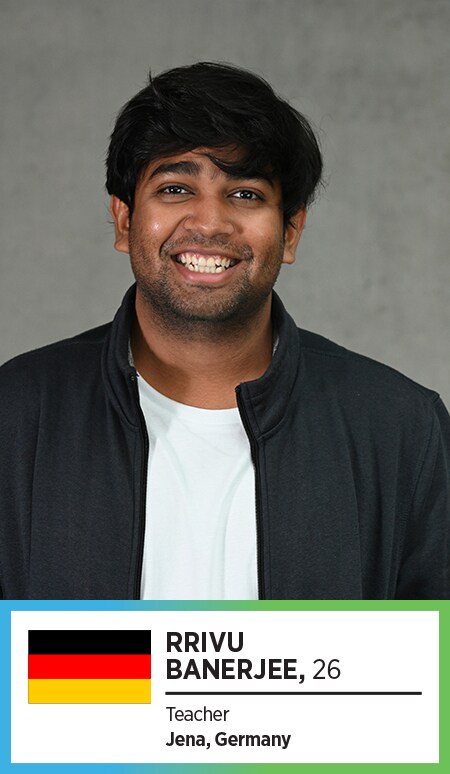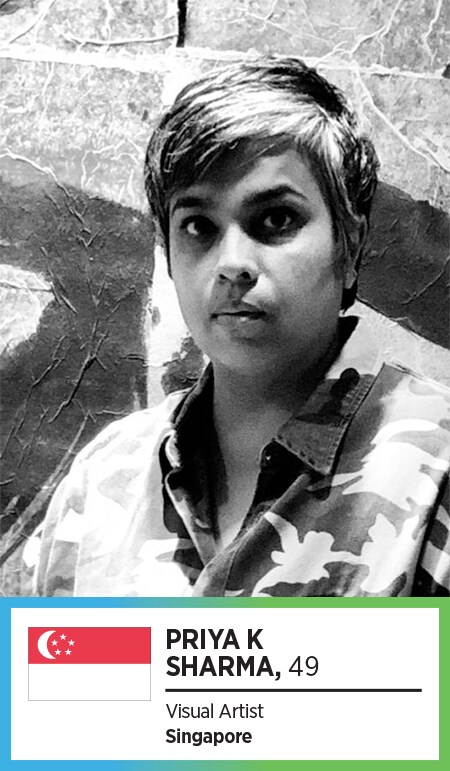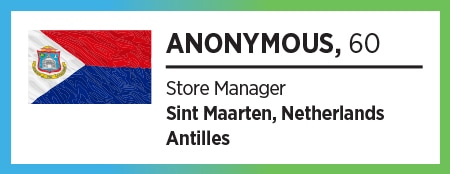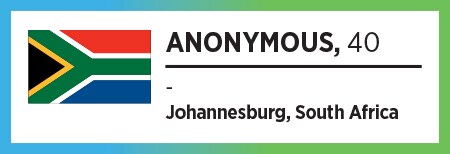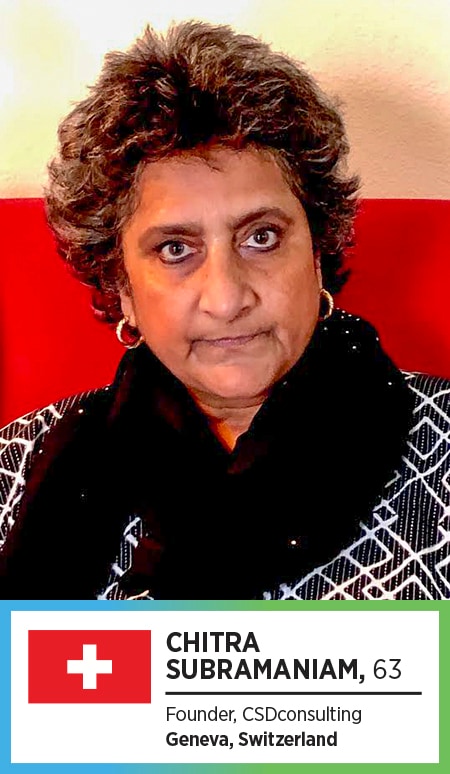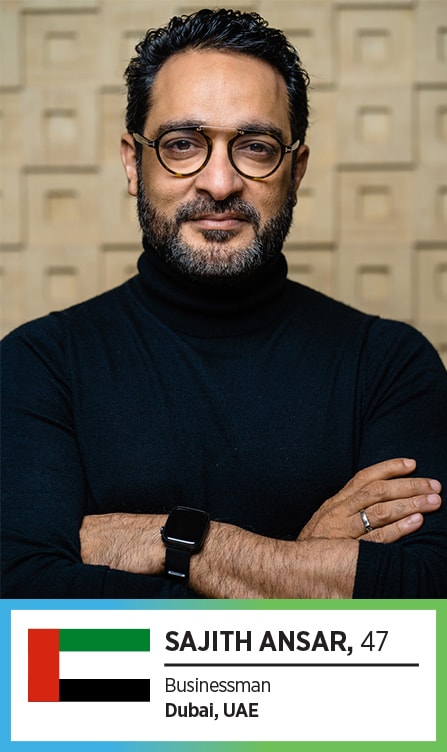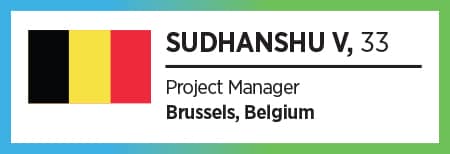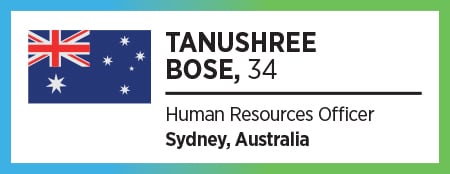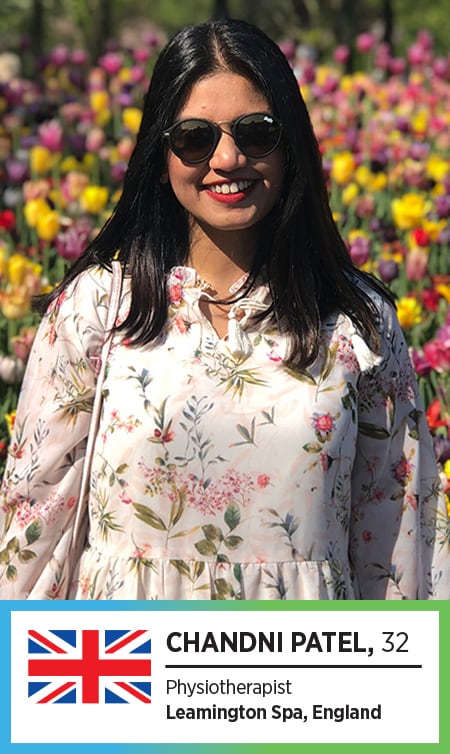
The World and the vaxed (and the vexed): Part II
In the final part of our vaccine story that delves into the experiences of global citizens who have taken the jab and those waiting for their turn, we speak to respondents in China, Germany, Singapore, Sint Maarten (Netherlands Antilles), Switzerland, Australia, UAE, South Africa, United Kingdom and Belgium
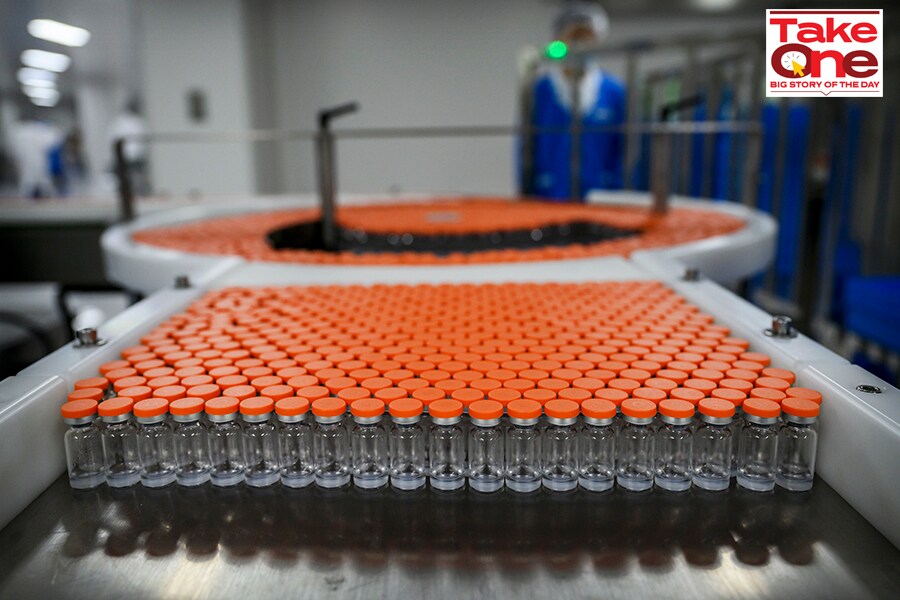 Vials of potential COVID-19 vaccine CoronaVac are seen on the production line at Sinovac Biotech production facility during a media tour on September 24, 2020 in Beijing, China; Image: Kevin Frayer/Getty Images
Vials of potential COVID-19 vaccine CoronaVac are seen on the production line at Sinovac Biotech production facility during a media tour on September 24, 2020 in Beijing, China; Image: Kevin Frayer/Getty Images
Different countries, different experiences. While most countries across the world started their vaccination programmes prioritising their frontline workers and the elderly, China was perhaps the only one that after medical frontline workers opened up its vaccination programme to people between 18-59 years and then those over 60.
But one learning that India can take from some of the countries is opening up the booking process through call centres. In a lot of countries, like say Switzerland, elderly persons have made their bookings by calling a call centre rather than by booking through an app. Only allowing the booking of vaccination slots through an online process raises the question of accessibility for all in a country with an internet penetration of roughly 50 percent, according to Statista, and a smartphone penetration of 42 percent as of 2020.
Meanwhile, as some countries ease restrictions for those fully vaccinated others like Singapore are putting in place fresh restrictions as they see cases rise. In this second part of the series, Forbes India brings you stories of the experiences of those vaccinated, and those who are still waiting for their turn, from countries from Europe to Africa, and China to the UK. Click here to read Part I where we speak to people in New Zealand, France, Bangladesh, and more.
GUANGZHOU, CHINA
